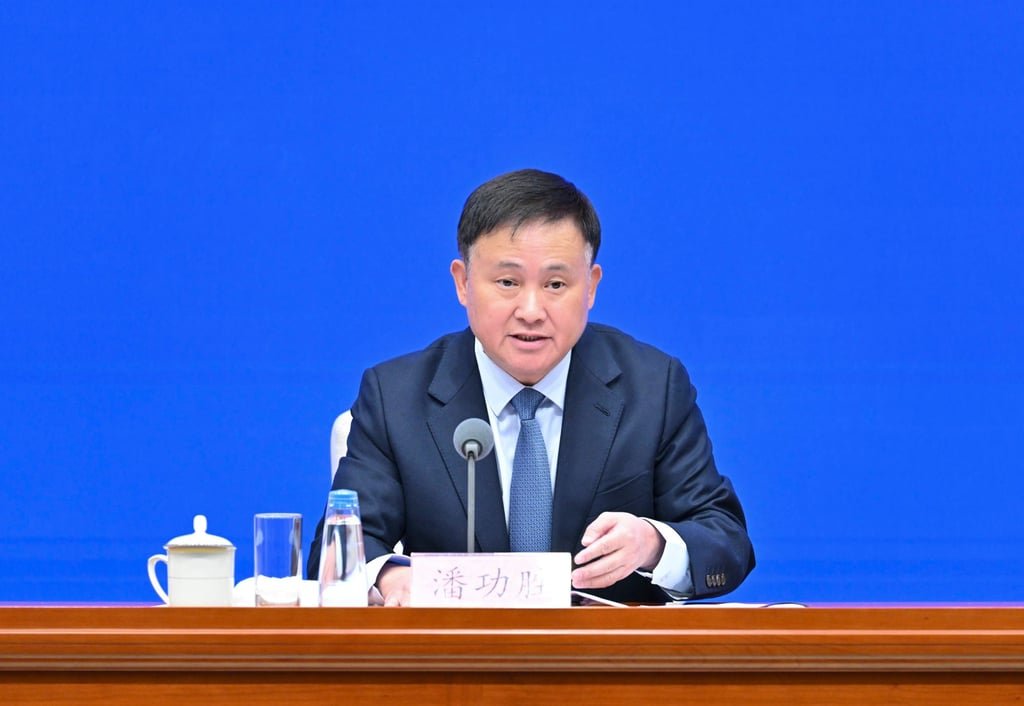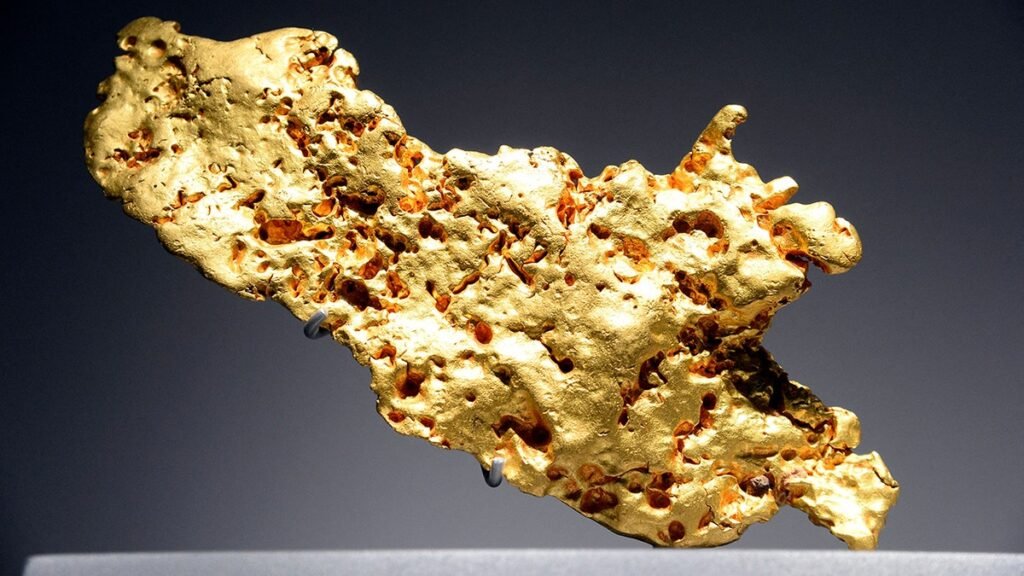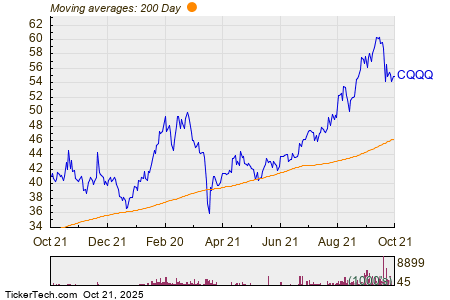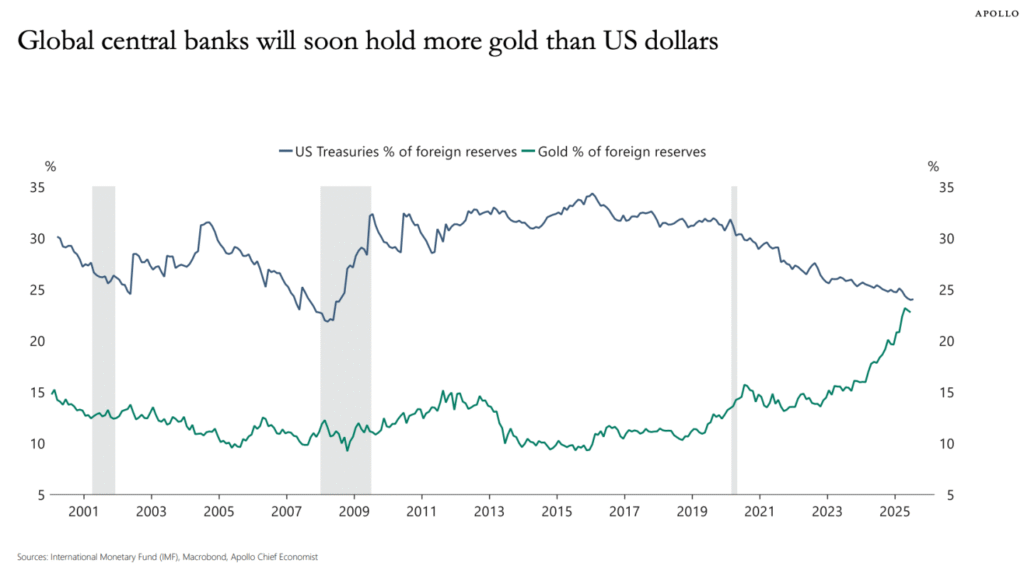As Beijing weaponizes its dominance over rare earths supplies, US President Donald Trump is cutting deals to try to break the stranglehold. But his claim that America will have an abundance of the critical minerals in just one year’s time may be a fantasy.
“In about a year from now, we’ll have so much critical mineral and rare earths, and you won’t know what to do with them,” Trump said Monday, after unveiling a $8.5 billion agreement to help Australia develop rare earths projects and secure United States access to those elements.
China controls more than 90% of the global output of refined rare earths, which are used to power everything from iPhones to electric vehicles, and this near-monopoly has become one of its most potent tools in its trade war with the US.
Rare earths emerged as a major sticking point between China and the US earlier this year after Beijing imposed unprecedented export controls on the critical minerals, which led to shortages worldwide, disrupting supply chains.
China’s move this month to tighten control of even trace amounts of China-processed rare earths in other countries sent shockwaves through global manufacturing and prompted Trump to threaten 100% tariffs on Chinese goods –– adding fresh uncertainty to the already tumultuous relationship between the world’s two largest economies.
Under Monday’s deal, the US and Australian governments intend to invest, in the next six months, more than $3 billion in critical minerals projects, expected to yield a value of $53 billion, the White House said. It is unclear when production from the new projects will begin.
As part of the agreement, the Pentagon will also invest in the construction of a 100 metric ton-per-year advanced gallium refinery in Western Australia. And the Export-Import Bank of the United States is issuing letters of interest for over $2.2 billion in financing for critical mineral projects.
The deal has the potential to put Australia in an even more awkward position with its largest trading partner, China. While trying to keep Beijing on side, Canberra has also been bolstering defense ties with Washington amid China’s growing influence in Asia-Pacific.
Although rare earths, a group of 17 elements, are in fact more abundant than gold, the relatively high cost and environmental damage associated with their processing and refinement have placed China in a dominant position in their production worldwide.
Between 2020 and 2023, the US was dependent on China for 70% of its imports of all rare earths compounds and metals, according to a report by US Geological Survey, an agency under the interior department.
And in a note Monday, Goldman Sachs estimated that disruption to just 10% of production in industries dependent on these elements could wipe out $150 billion in US economic output.

The Trump administration has sought to diversify its supplies of rare earths, turning to allies like Australia and other resource-rich countries.
Australia holds the world’s fourth-largest deposits of rare earths, and it has ramped up production over the past half-decade. The country also mines about half of the world’s lithium, a mineral critical to the production of electric vehicle batteries.
Meanwhile, Pakistan has pitched itself as an alternative hub for critical materials, with its leaders last month signing memorandums of understanding with Trump to supply the US with rare earths and other minerals.
Kevin Hassett, the director of the White House’s National Economic Council, said ahead of Trump’s meeting with Australian Prime Minister Anthony Albanese Monday that Australia’s role is instrumental in making the global economy “less risky, less exposed to the kind of rare earth extortion that we’re seeing from the Chinese.”
Australia topped the world as a destination for rare earths exploration, securing $64 million or about 45% of global investment in such projects last year, according to an analysis published Monday by US think tank Center for Strategic and International Studies.
In May, the country’s Lynas Rare Earths firm also became the first company outside China to produce commercial quantities of dysprosium oxide, one of the most important heavy rare earths elements, the think tank said.
But experts are skeptical that Monday’s deal will deliver the much-needed quick turnaround in America’s supply of critical minerals.
“I don’t think that the rare earth supply issues can be solved in the short term, period. China is too far ahead of the world,” said John Mavrogenes, an economic geology professor at the Australian National University.

There has been little concrete progress in developing a rare earths supply chain in Australia, Mavrogenes added. Challenges like high energy costs, shortage of workers with necessary skills and the potential environmental impact pose significant hurdles, he said.
“I’d say we’re a decade away (from building up the required production capacity), even if we really got serious,” he said. “We’d have to make an industry from scratch. And that takes a lot of dedication and long-term planning, and a lot of effort.”
Prof. Rick Valenta, director of the University of Queensland’s Sustainable Minerals Institute, told CNN Affiliate ABC Radio that Australia has no shortage of skill in high-tech mining and processing. But he said it’s been difficult to build expertise in downstream production by relying on market forces alone and the injection of cash from the US-Australia deal will make all the difference.
“There’s a refinery being built in Western Australia now that’s targeting production of rare earths in 2027. We have a whole series of projects that are ready to go but (are) needing that last round of financing support to get them across the line and into production,” he said.







